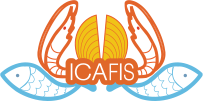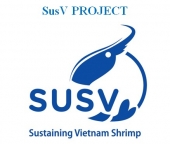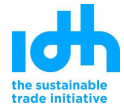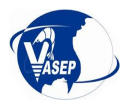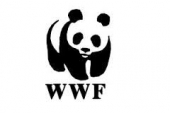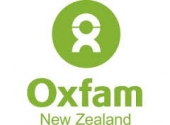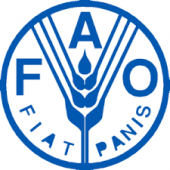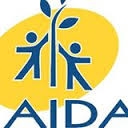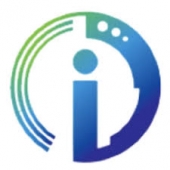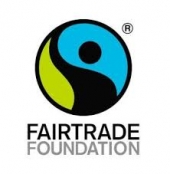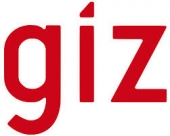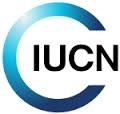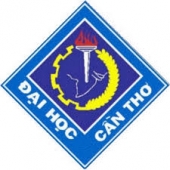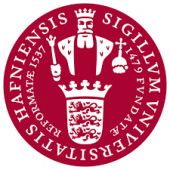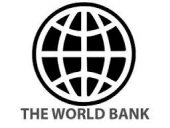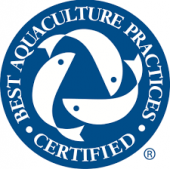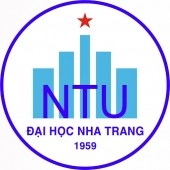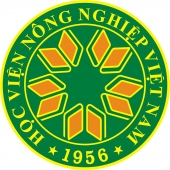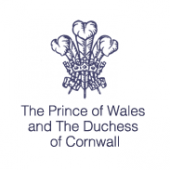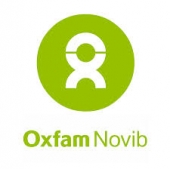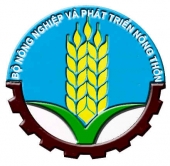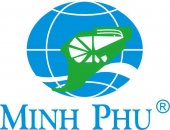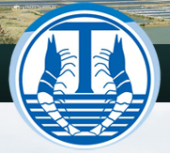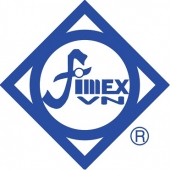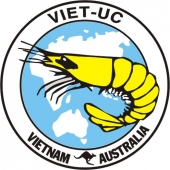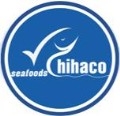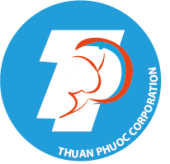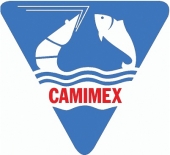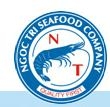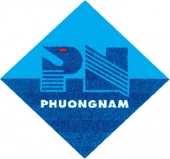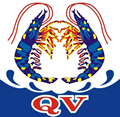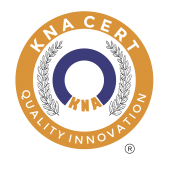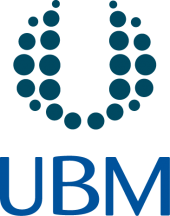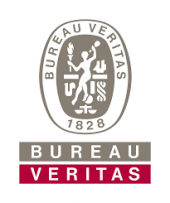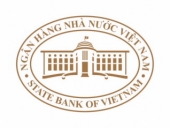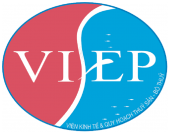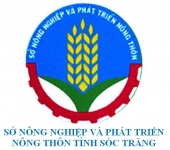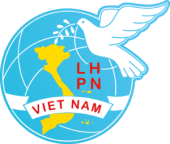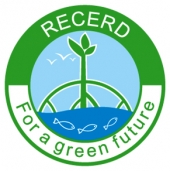Supported by: SWEDEN
Coordinated by: OXFAM in Vietnam
Implemented by: ICAFIS, MCD, RECERD
Time: 2018-2021
Overal objective: The project is designed to change the lives of small-scale producers and workers in Vietnam's agribusiness through strengthening women's economic power in developing shrimp / rice value chains toward sustainable and climate change adaptation.
Specific objectives:
GRAISEA 2.0 in Vietnam inherits and strengthens initial achievements and lessons learned from GRAISEA 1.0 based on more effective and creative coordination mechanisms to help small producers, especially women, achieve more equitable in benefits and risks sharing in the value chain. Since then, they have the ability to respond, adapt and minimize related risks such as market shocks, financial risks and climate change. Therefore, the program in Vietnam proposes 5 main components as follows:
- Continue the work related to the overarching shrimp value chain and responsibilities with partners in 02 provinces from phase 1 (Soc Trang and Ca Mau) and add 1 new province (Bac Lieu); and rice value chain with 01 new partner in 03 provinces (Soc Trang, An Giang and Kien Giang). At the same time, starting the value chain work for shrimp - rice rotation model in the four provinces mentioned above (Soc Trang, Bac Lieu, Ca Mau and Kien Giang). Focus on improving the capacity, voice and organization of small-scale producers and production groups to pursue rights, meet productivity and quality requirements, manage risks and influence governance market. The project will continue to work with the Asian Seafood Improvement Association (ASIC) and use SEASAIP standards for shrimp farming and SRP for rice farming.
- Supporting capacity building and strategic planning for 07 partner companies in the field of rice and shrimp business for them to continue growing inclusive business model within enterprises, focusing on labor rights and social welfare for women workers, corporate social responsibility, disaster risk management, and improving inclusive investment in sustainable value chains, make sustainably products higher quality, increase benefits and share of value with small producers.
- Cooperate with 07 promising companies to build better value chain management mechanisms through strengthening links in the value chain, promoting and implementing the Code of value chain's Ethics with participation of key actors in the chain(starting from shrimp industry).
- Collaborate with two prospective companies and four cooperatives to create efficiency in their own sustainable businesses through providing social enterprise-oriented business development support services.
- Impact government agencies and businesses operating in Vietnam at the provincial and central levels to improve the legal environment towards facilitating, supporting and encouraging agricultural enterprises to apply responsible businesses practices, developing sustainable and inclusive value chains that enhance women's economic power and climate adaptation. Based on Vietnam's Sustainable Development Goals as a policy framework and through multi-stakeholder initiatives such as Public-Private Partnership (PPP) in agriculture, ASIC or SRP forum, this activity will be carried out together with MARD at central level and Department of Agriculture and Rural Development at provincial level. The results, experience and / or best practices will be used during the advocacy process and influence within the area.
At the same time, the following approaches and principles will also be applied in Vietnam:
- Enhancing Women's Economic Empowerment: helping shape changes in conceptions, ideas, values in society and through purposeful collective actions. These changes will be driven by three action groups: strengthening women's dignity and self-esteem, ensuring women and women's issues are represented and influential in decision-making space; support universal access to knowledge and technological progress, expanding economic opportunities; support the advocacy of grassroots women's groups to challenge and change unequal relationships within individuals / households, communities and markets / value chains, starting with change the behavior of the private sector; and create favorable environment. At all levels, we will integrate interventions to address changes in gender norms.
- Disaster Risk Analysis (CRA) in the value chain: ensuring full detection of all potential risks, hazards and potential opportunities across the entire process, steps and actors involved, and thereby developing strategies that are in line with the capabilities of all stakeholders. In the CRA, carry out inclusive and participatory assessments, organize consultations with the full participation of actors in the value chain, develop a priority strategy and long-term vision to reduce risk / damage and increase opportunities. Human resources and financial resources are then allocated to build the value chain's capability adapt climate change and resilience. CRA tools help identify climate risks, develop standards, guidelines and mechanisms to monitor, evaluate activities and results of risk sharing in a value chain.
For more information, please contact: Ms. Nguyen Thi Ngoc Trang- project officer.
Email: trang.nguyenngoc@icafis.vn or info@icafis.vn
Phone: 0234.7245121
